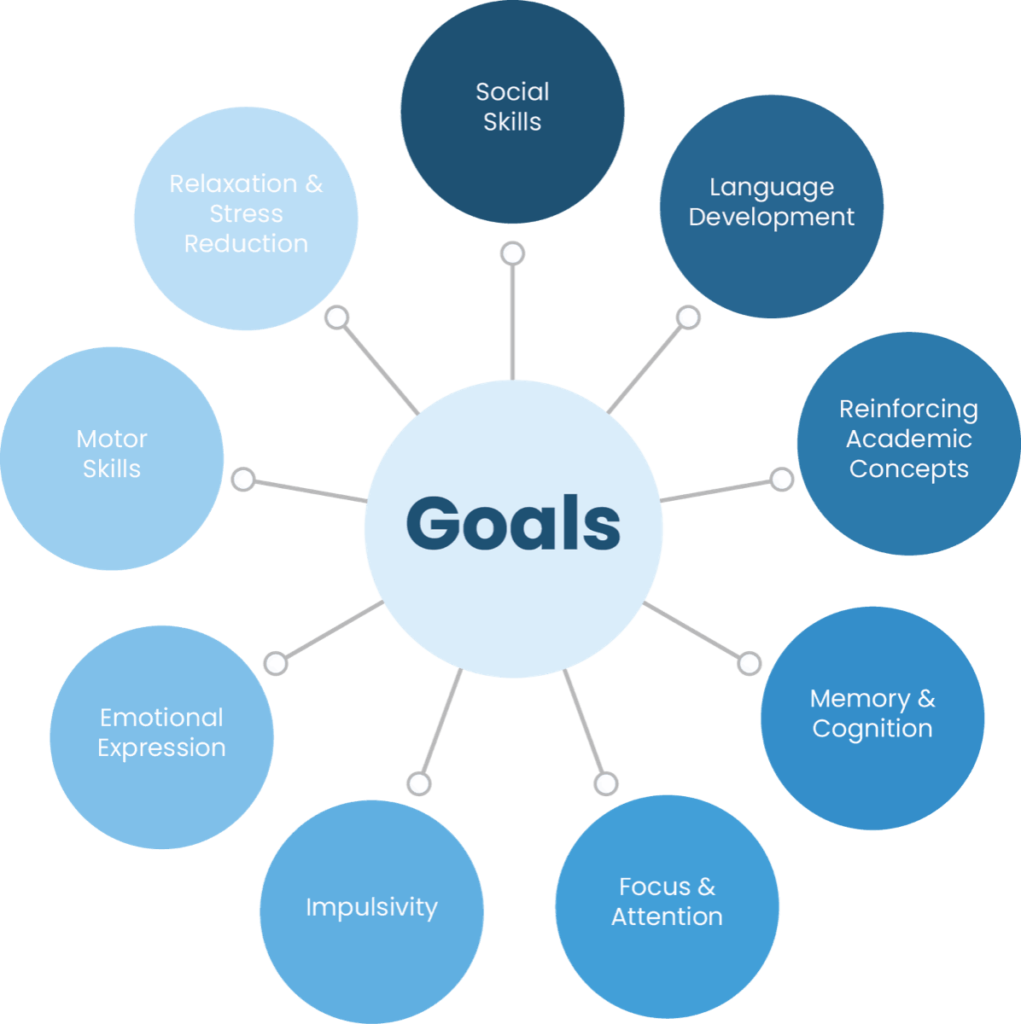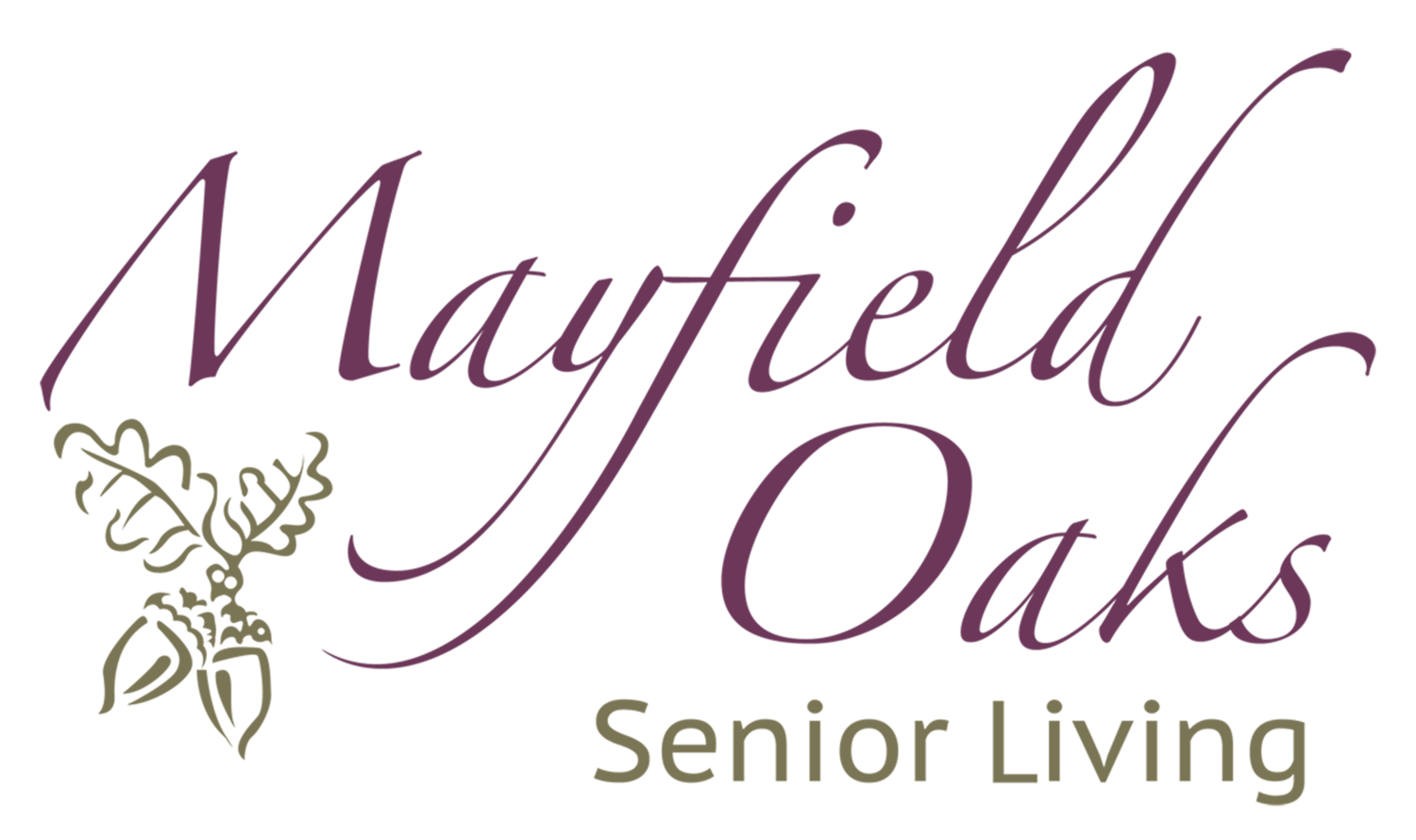Music therapy at Metro Music Makers is a research-based clinical practice. We offer music therapy services with board-certified, state-licensed music therapists for children, teens, and adults with a wide variety of diagnoses and needs in the metro Atlanta and Chicago areas.
Our music therapists use their education and clinical training to create a targeted treatment plan in group or individual settings, to address a variety of needs and diagnoses, including but not limited to:
- Autism Spectrum Disorder
- ADD/ADHD
- Developmental Delays
- Down Syndrome
- Language/Auditory Processing Disorders
- Cerebral Palsy
- Visual/Hearing Impairments
- Emotional or Behavioral Disorders
- Anxiety
- Depression
- Learning Disabilities
- Alzheimer’s/Dementia
- Eating Disorders
- Substance Use Disorder
- PTSD

Common Goals Addressed Through Music Therapy
- Social Skills
- Language Development
- Reinforcing Academic Concepts
- Memory and Cognition
- Motor Skills
- Relaxation and Stress Reduction
Our Atlanta Music Therapists
Funding Options
While we do not currently accept insurance, there are organizations and government assistance programs available to help in supporting music therapy services for your family.

The Bobby Dodd Institution provides services for individuals who are approved for family support services at The Bobby Dodd Institution. Find more information about their family support program or to apply for services.
We also partner with InCommunity and Avita Community Partners for potential sources of funding.
FAQs Regarding Our Music Therapy in Atlanta
What Kind of Training and Credentials Do Our Music Therapists Have?
- A degree program approved by the American Music Therapy Association
- At least 1,200 hours of clinical training
- Successful completion of the exam administered by the Certification Board of Music Therapists
- Obtain a state license (if applicable) in order to practice
- 100 hours of continuing education every 5 years to maintain certification
All of our music therapists have met these criteria and bring all of this experience and education into the treatment of each client.
Why Work With a Music Therapist?
We all can relate to the inherent power of music. While music itself has therapeutic qualities, a music therapist’s training enables them to skillfully craft goals that are designed to elicit specific responses and meet the needs of each individual client.
Who is Music Therapy For?
Music therapy is incredibly versatile, and it can help people from infancy to the senior years. It proves particularly beneficial for people with developmental and learning disabilities, emotional issues, Alzheimer’s disease and other aging-related conditions. It has also been used to help with abuse problems, brain injuries, physical disabilities, and acute and chronic pain, including during labor and childbirth.
Music therapy for autism spectrum disorders (ASD) can also be particularly helpful. It can improve social behaviors, increase focus and attention, reduce anxiety, and enhance body awareness and coordination. Research has shown that music therapy interventions can promote engagement and interaction in autistic children, and we would be more than happy to discuss these benefits with you in a phone consultation.
How Frequent Should Music Therapy Sessions Be?
The frequency and duration of music therapy sessions varies depending on the client’s individual needs, treatment goals, and the specific setting. We may meet several times a week, especially in acute care situations or rehabilitation settings. Once-weekly sessions are common in outpatient or community settings, and regular assessments by your music therapist will determine the optimum frequency and length of sessions to maximize therapeutic benefits. Continued music therapy sessions may be necessary to maintain positive outcomes, but that doesn’t mean we have to meet 3-5 times per forever.
What Actually Happens in a Music Therapy Session?
Each patient’s needs are a bit different, but there are many activities and actions that can help someone benefit from music therapy.
A music therapist may lead the patient in playing an instrument or singing, for instance. Sometimes, the therapist will guide in the composition of a piece of music or song to help a patient express emotions or feelings. Listening is also an active part of music therapy – after the music has concluded, a therapist will discuss the music and its meaning with a patient. Improvising and moving to music also have benefits.
The actual ins and outs of a therapeutic visit vary, but rest assured that our licensed therapists will create a unique and effective plan for your loved one.
Music Therapy Partners




